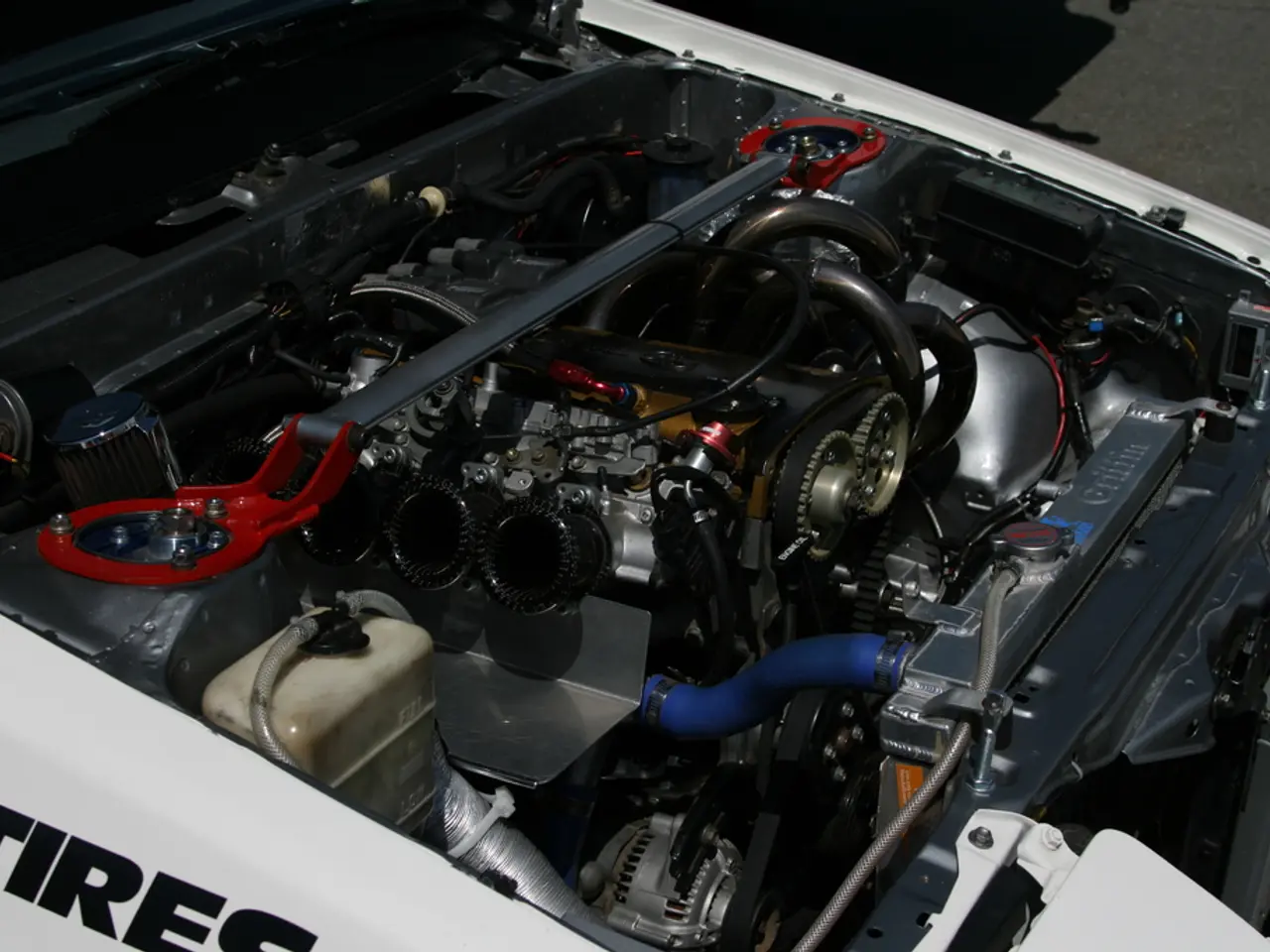Researchers Develop Innovative Dry-Processing Technique for EV Battery Cathode Recycling
The Fraunhofer Institute for Ceramic Technologies and Systems (Fraunhofer IKTS) in Germany, as part of the DiLiRec project funded by the Federal Ministry of Education and Research (BMBF), has developed a groundbreaking method for recycling lithium-ion batteries that is both cost-efficient and supports circular economy principles.
The new method, which has been published in the journal Advanced Energy Materials, directly recycles lithium-iron-phosphate (LFP) cathode materials, a significant step towards a better and more cost-effective battery cell production.
The innovative approach, developed by a team at the MEET Battery Research Center and the Institute of Business Chemistry at the University of Münster, relies on mild mechanical milling and granulation. It uses polytetrafluoroethylene (PTFE) as a binder, avoiding costly and sometimes toxic solvents used in traditional cathode production methods.
One of the key benefits of this new method is its cost-effectiveness. Even at a scrap rate of just five percent, the method can save around USD 0.8 per kilowatt-hour (kWh) in production costs. As production volumes grow, the economic and environmental benefits increase further, especially at higher scrap rates, common during gigafactory ramp-ups.
In addition to cutting costs, the recycling process also reduces the carbon footprint. Recycling can lower emissions by roughly 2.4 percent at a five percent scrap rate, with greater reductions possible as production volumes grow.
The cathode material can be delaminated and recovered without harsh chemicals or extreme heat due to the weak adhesion of PTFE-based composites to the aluminum current collector. This means that the materials involved in the recycling process are not degraded, allowing them to be reused directly in production.
Tests have shown that electrodes produced from recycled material perform on par with those made from pristine composites. The team suggests that the process is attractive for industrial applications not only for sustainability considerations but also for cost efficiency.
The MEET Battery Research Center in Germany is exploring the dry processing of electrodes and their recycling for more sustainable and cost-effective battery production. The dry electrode processing, a simplified and eco-friendlier version of the wet process, is a crucial step forward in this endeavour.
Maike Michelle Gnutzmann, a PhD student at MEET Battery Research Center, believes that the recycling process can be successfully implemented and scaled up using mills. This could pave the way for a more sustainable and cost-effective future for lithium-ion battery production.
Read also:
- Understanding Hemorrhagic Gastroenteritis: Key Facts
- Stopping Osteoporosis Treatment: Timeline Considerations
- Tobacco industry's suggested changes on a legislative modification are disregarded by health journalists
- Expanded Community Health Involvement by CK Birla Hospitals, Jaipur, Maintained Through Consistent Outreach Programs Across Rajasthan








